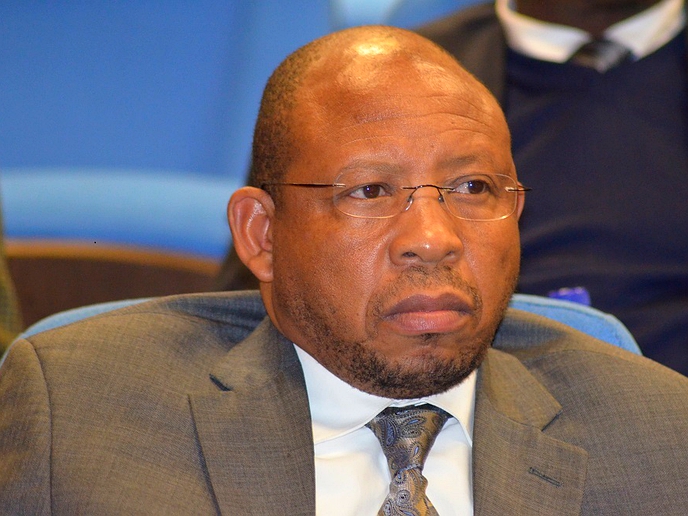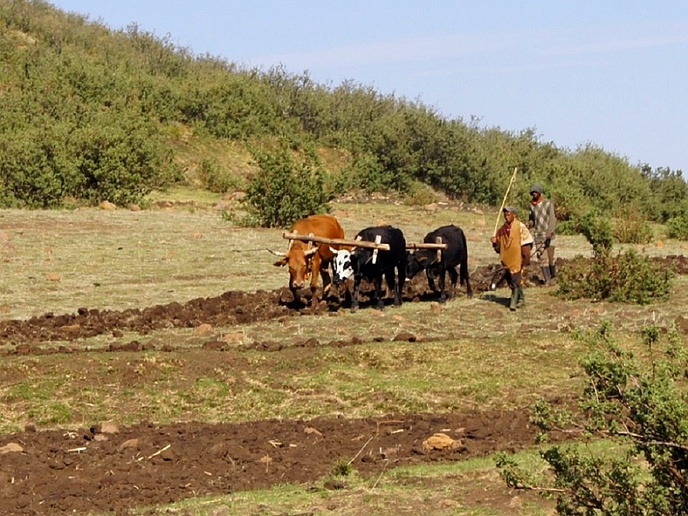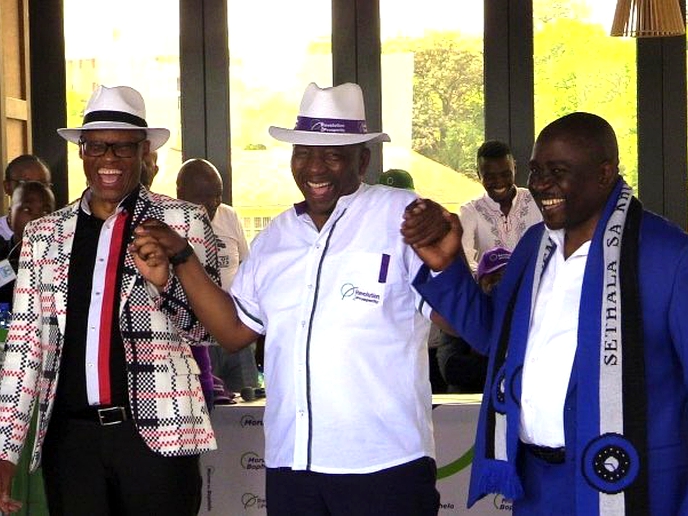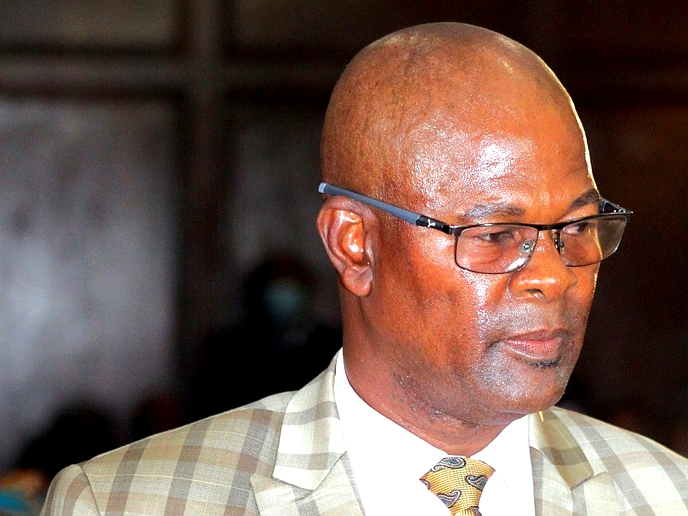IF the current developments in the Lesotho’s textile industry are anything to go by, the country could be getting closer to ending sexual harassment and abuse of female employees.
comments
Feb. 19, 2021
STAFF REPORTER
3 min read
Sunset for sexual harassment in textile factories

A 2019 survey of workers at Nien Hsing factories in Lesotho, conducted by international body, Worker Rights Consortium (WRC) found that nearly two-thirds of the women from these factories reported having experienced sexual harassment or abuse, or having knowledge of harassment or abuse suffered by co-workers.
The report details findings of the gender-based violence and harassment as well as violations of associational rights at three garment factories owned by the Taiwan-based global jeans manufacturer, Nien Hsing Textile which employs roughly 11 000 workers.
The factories are known as C&Y Garments, Nien Hsing International and Global Garments. These firms supply denim garments to Levi Strauss & Co, The Children’s Place (TCP) and Kontoor Brands.
We have to bear in mind like the report claims, that compared to the multi-billion pound garment powerhouses of Bangladesh and China, the small, landlocked country of Lesotho, an enclave within South Africa, is an industry minnow, exporting just 90m pieces of clothing a year, compared with the 10bn pieces of clothing exported by Bangladesh each year. Yet one thing that Lesotho specialises in is denim. More than 26m pairs of jeans are made here every year, many of them for Levi’s, and this has become the fuel that keeps Lesotho’s faltering economy running.
But how did we get here?
For many years since 2002 there has been numerous reports of sexual violence in Lesotho garments factories, where jeans are made for world popular brands such as Levi Strauss, Wrangler and US retailer The Children’s Place.
The WRC report reveals that there is widespread incidence of rape, sexual assault and harassment at multiple garment factories in Maseru. More than 120 women from three different factories testified that they had been forced to have sex with male supervisors in order to keep their jobs. Some alleged that they had been raped on the factory premises. Some said they had contracted HIV from supervisors who withheld their salaries until they agreed to have unprotected sex. Those who complained were sacked.
The clothing fashions are under pressure not to become beneficiaries of products of sexual harassment and abuse and are forced by human rights organisations worldwide to investigate their suppliers and take action or stop taking orders from them.
Enjoy our daily newsletter from today
Access exclusive newsletters, along with previews of new media releases.
Based on the report, the government of Lesotho should also take responsibility of ensuring that this gender based violence comes to a stop since its failure would affect negatively the country’s economy. The issues of gender violence and anything that affect the Lesotho’s economy negatively cannot only be left to concerned international organisations.
We are told that the export garment industry accounts for more than 20% of the country’s GDP. There are about 46 000 people, majority of which are females, working in the factories. These jobs could be lost if overseas buyers are put under pressure to look somewhere else where there is no sexual harassment and abuse of women.
Tailored for you






